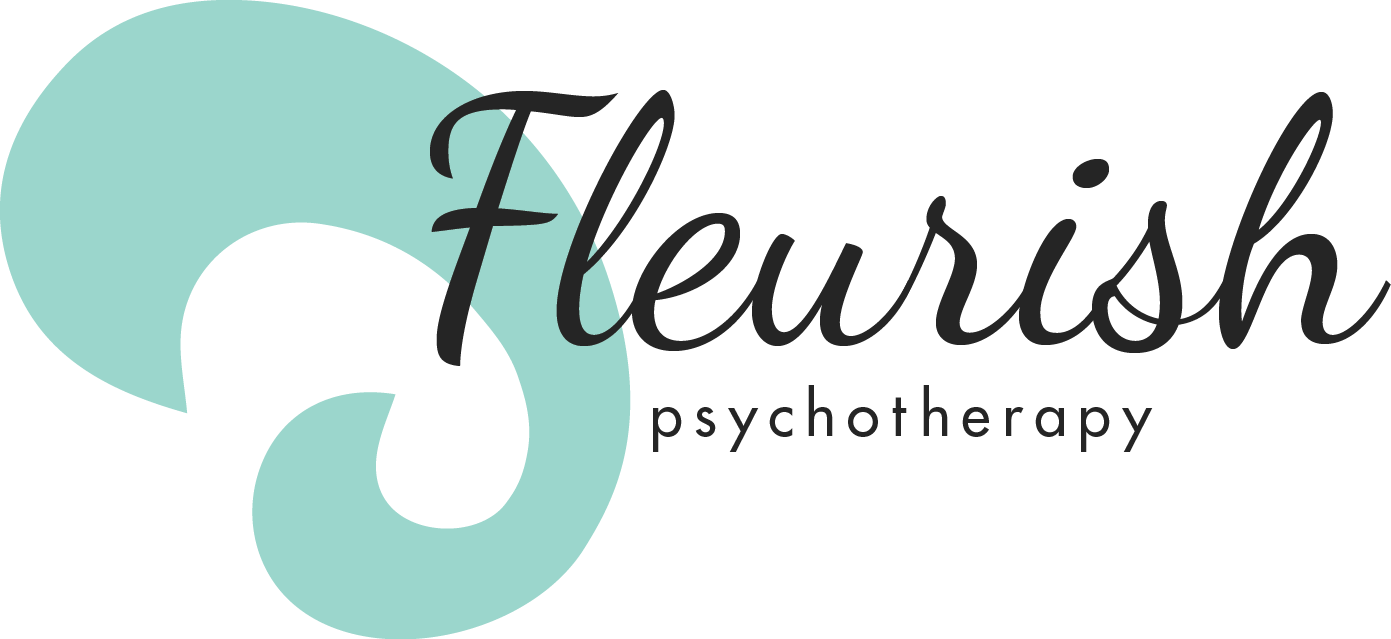3 Tips for Improving Self-Awareness
Self-awareness is an underrated and underestimated skill. Understanding ourselves helps us take steps to increase our well-being and learn how best to contribute to the well-being of our families and our communities. Self-awareness is the art of paying attention to how we think, behave, and feel; and noticing how these elements shape how we perceive the world, ourselves, and the people around us. When we are self-aware, we can pay attention to our actions in any situation and discern whether we’re working toward our goals or headed in the wrong direction. Knowing yourself can help you work toward your long-term goals, find happiness, and strengthen self-esteem. How self-aware do you consider yourself to be?
Are you aware of your strengths and weaknesses?
Do you know what your triggers for emotional and physical distress are?
Do you know your “glimmers”(a term used in Polyvagal Theory to describe the opposite of triggers)—those things that provide sparks of contentment and connection in daily life?
Are you mindful of the opportunities and challenges you encounter daily and what you can do to work effectively with them to lead a full and happy life?
Want to become more self-aware? Try these techniques.
1. Notice What Bothers You About Others.
It might seem counterintuitive, but when we’re struggling with our self-awareness, we sometimes focus on or see the things we don’t like in ourselves in other people; this is called projection. For instance, you might find that you hate it when someone is intolerant of others’ beliefs. However, looking a little closer at your own actions might surprise you. You might discover you tend to be intolerant when your friends or family have different opinions than you. Consider your pet peeves, those behaviors you dislike in other people and notice when you have shown those characteristics yourself. When you recognize this, you may be able to view yourself more honestly and thus start to change these behaviors. (Bonus: you might find you have more compassion for those who still do these annoying things!)
2. Pay Attention to Your Thought Process.
We all have ingrained behaviors that we’ve developed over time and do without thinking. For instance, we reach for our phones unconsciously—people who smoke reach for a cigarette without awareness. Next time you find yourself doing an automatic behavior, take a moment to pause and notice without judgment. Just be aware of how you’ve responded at that moment and work back through your thought processes to see how you got there.
Sometimes, it won’t be a specific thought or influx of thoughts that led to the action, but a simple feeling. The more you make yourself aware of those automated behaviors, the more you can begin to put space between your trigger and your behavior. Over time this can help you become less reactive and more responsive.
3. Ask for Feedback.
Finally, ask for help. Asking for feedback benefits you to become more aware of what others see in you. We all have blind spots, and often we have an idea of ourselves in our minds that may or may not reflect reality. Reality-test your assumptions. Asking for insights from caring and safe others in your life allows you to view your actions from a different perspective and gain understanding. Once you get the feedback, try to take it well and see it as a chance to develop and grow.
You can strengthen your self-awareness by using these easy strategies. Once you do, you’ll find that not only do you know yourself better, but your life also becomes more enjoyable.
